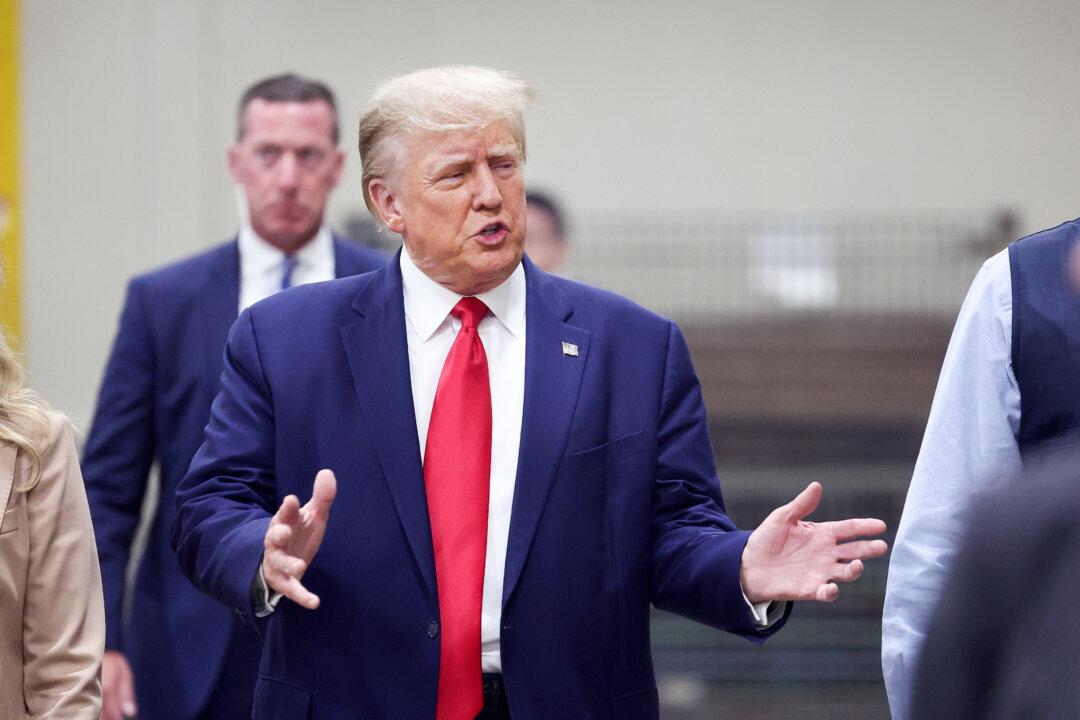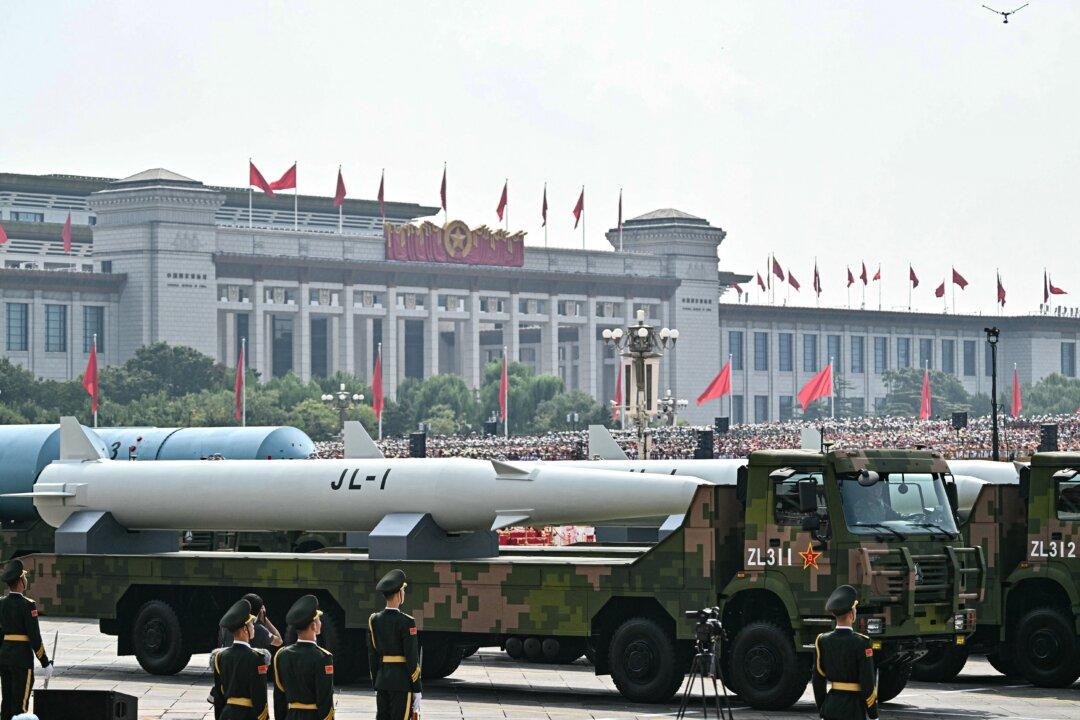U.S. District Judge Tanya Chutkan has denied former President Donald Trump’s motion that she step down from the case, ruling that “recusal is not warranted in this case.”
“By contrast, this court has from the beginning repeated its commitment ’to ensure the orderly administration of justice in this case as [in] any other case,'” she wrote in the Wednesday ruling (pdf).





